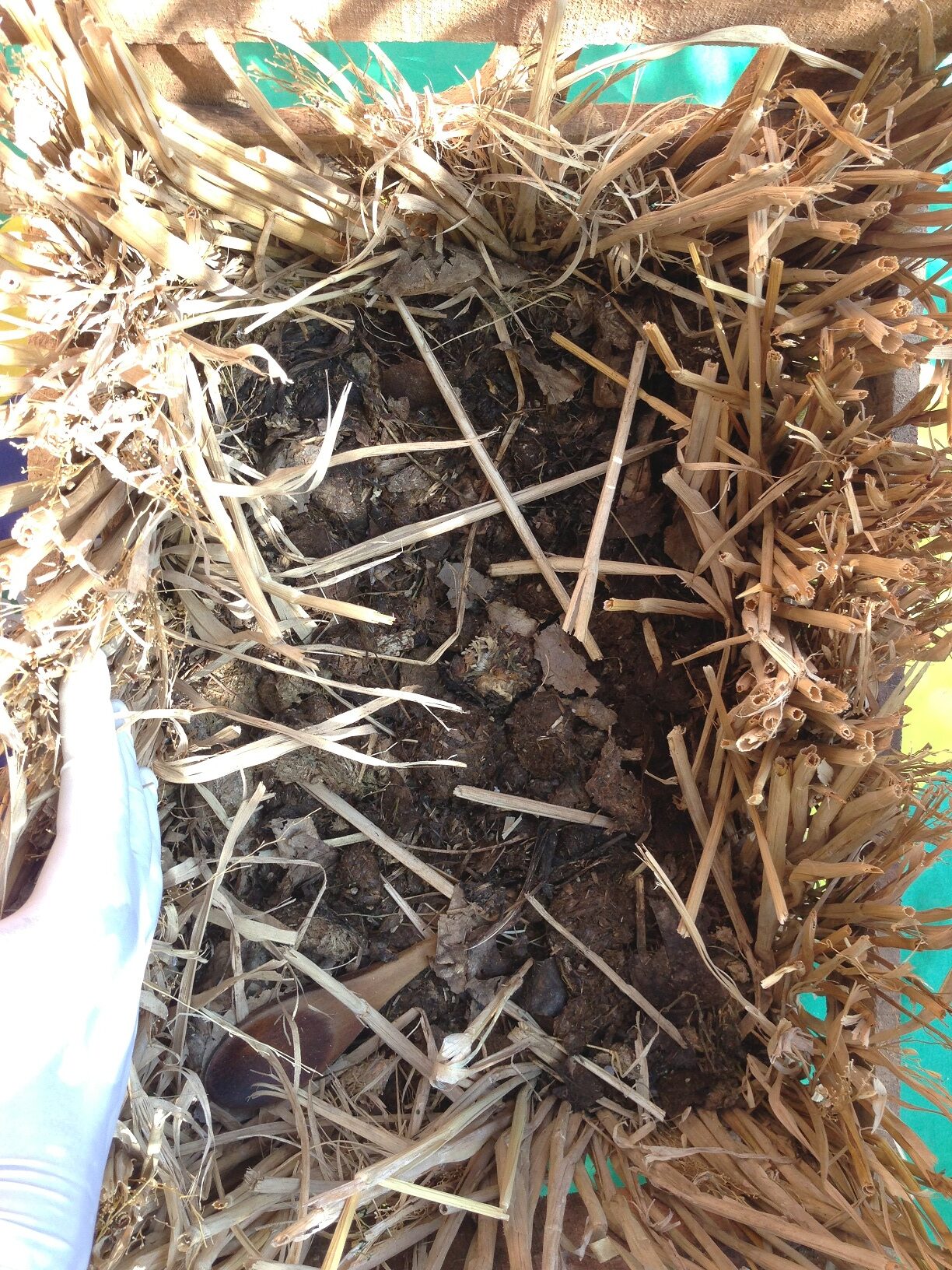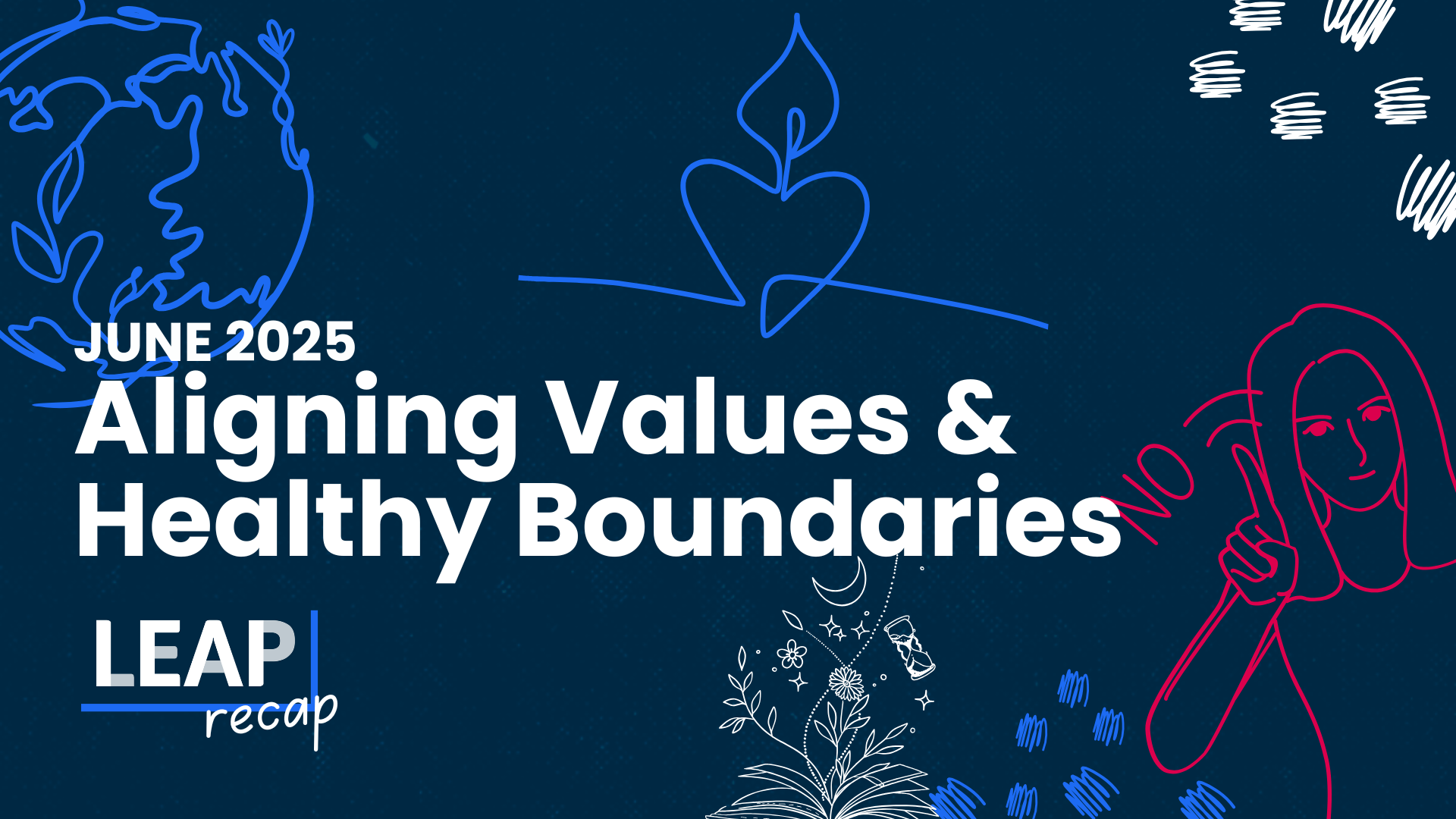
We are thrilled to introduce the first project of our newly established oikos chapter in Pune. The i-GREEN initiative, which aims to clean rivers in the region, has already brought positive outcomes.
People of Hindu religion worship the God by giving flowers as a gesture of offering the purest in mankind. They are busy and engrossed in their daily routine to give a thought to “What after the flowers are offered? What happens to these flowers once they dry off?”; The fact is, it finds its place either in a garbage bin or in a local water body/ river. Today, there are roughly 108,000 temples in India and the number keeps increasing day by day. In a city like Pune 16 tonnes of flowers are dumped every day and often end up in local rivers. It reduces the oxygen level in water, results in siltation and damages fauna and flora. Effects of this can be tracked down to disturbing in the whole food chain and significant decrease of the water quality.
oikos Pune “i-GREEN” has come up with a win-win solution. The i-GREEN vermicomposting project takes the input – disposed flowers (offered in the temples) which pollute the nearby rivers and delivers the output – nutritious vermicompost which is used to pamper the plants growth. The whole process starts by collecting the flowers, which have dried off from temples. Flowers are sorted out and manure is mixed. Later, earthworms are added in this mixture and they start consuming the flowers. After several days, when the process is finished, the outcome is nutritious compost, which can be used instead of chemical fertilisers. The project delivered two positive outcomes:
1) It addressed the water pollution problem in the region through converting the pollutants (waste) into the compost (useful product).
2) It can ensure the nutritious plant growth 100% naturally and protect humans from chemical fertilizers, which are often used in agriculture and cause severe damages.
For more information, contact the oikos Pune team at info@oikos-pune.org



